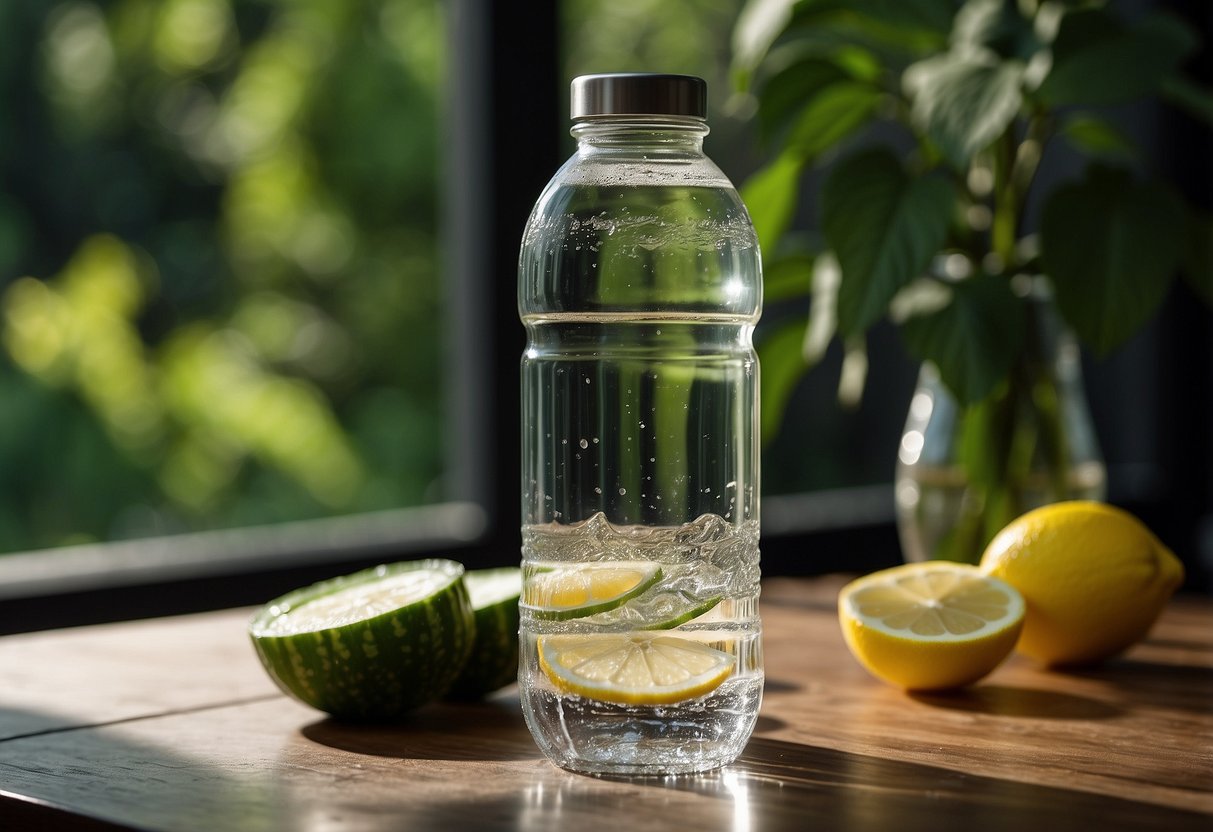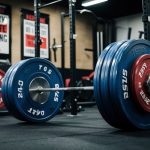
Demystifying Hydration Myths and Legends
Hydration is a crucial aspect of health, but many myths and misconceptions surround it. It’s important to distinguish fact from fiction to ensure proper hydration practices.
Popular Misconceptions About Drinking Water
One common myth is that everyone needs to drink eight glasses of water each day. This guideline oversimplifies hydration needs, which vary based on activity levels, climate, and individual health factors. The “8×8” rule (eight 8-ounce glasses) is not a one-size-fits-all solution.
Another misconception is that all fluids hydrate equally. While water is the best hydrator, beverages like coffee and tea also count toward fluid intake despite containing caffeine.
Some believe that thirst is an unreliable indicator of hydration, but in healthy individuals, it remains a key signal from the body. Ignoring thirst can lead to dehydration, especially in extreme temperatures or after intense exercise.
Scientific Insights on Hydration Lore
Scientific research offers clarity on hydration myths. Studies indicate that drinking excessive amounts of water can lead to hyponatremia, a potentially dangerous condition where sodium levels in the blood become too diluted. This underscores the importance of tailored hydration rather than blanket recommendations.
Medical conditions such as kidney disease or certain medications can affect hydration needs. For individuals with these conditions, personalized advice from a healthcare provider is essential.
Electrolyte balance is another critical factor. During intense physical activity, the body loses essential electrolytes through sweat. Replenishing fluids with sports drinks or electrolyte solutions can help maintain this balance, especially in high-heat environments or prolonged physical exertion.
Hydration for Wellness and Lifestyle
Proper hydration is crucial for maintaining good health and enhancing daily life. It influences physical well-being, mental clarity, and the body’s ability to function efficiently.
The Connection Between Hydration and Overall Well-being
Adequate hydration is essential for the body’s basic functions. When properly hydrated, the body regulates temperature more efficiently, aids digestion, and maintains a balanced electrolyte level.
A lack of hydration can contribute to fatigue, irritability, and overall discomfort. Many people notice increased energy and better mood when they consume sufficient water. Hydration also helps in maintaining a healthy weight, as thirst is often mistaken for hunger, leading to excessive calorie intake. Regular water intake supports the body’s metabolism, ensuring nutrients are transported effectively and toxins are removed.
Improving Daily Hydration Habits
Incorporating regular hydration into one’s lifestyle can significantly impact health. Setting reminders to drink water throughout the day can help ensure consistent intake. Substituting high-calorie beverages with water reduces unnecessary caloric intake and supports weight management.
Individuals might find carrying a reusable water bottle useful to keep track of their water consumption. Choosing water-rich foods like fruits and vegetables can also contribute to daily hydration needs. Developing these habits not only improves physical health but also increases overall well-being and vitality.



